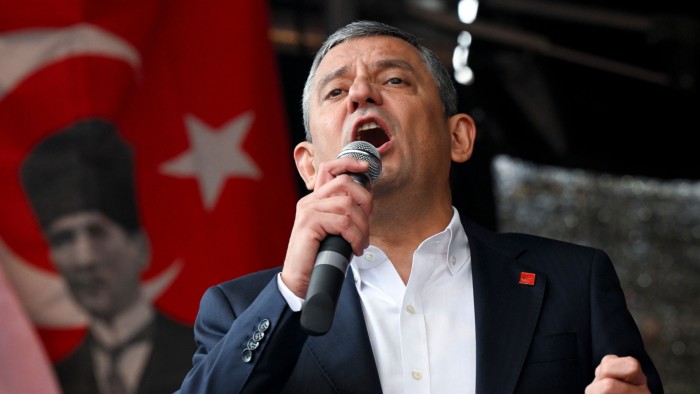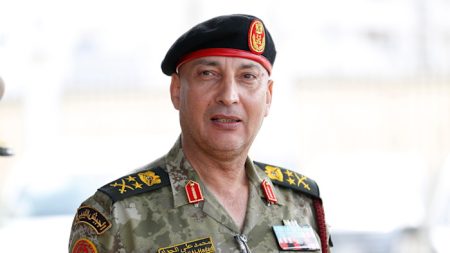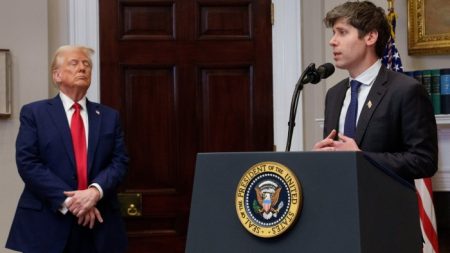Unlock the Editor’s Digest for free
Roula Khalaf, Editor of the FT, selects her favourite stories in this weekly newsletter.
A Turkish court has thrown out a case that sought to remove the head of the nation’s biggest opposition party, triggering a stock market rally.
Turkey’s main Borsa Istanbul index rose more than 3 per cent after an Ankara court dismissed the suit against the Republican People’s party (CHP), in a sign that investors hoped the ruling could ease political tensions inside the country.
Analysts warned, however, that the decision offered only a brief respite in an ongoing legal crackdown against the CHP, which government critics cite as evidence that President Recep Tayyip Erdoğan is pushing Turkey down an increasingly autocratic path.
“The Ankara ruling offers a temporary reprieve for the CHP,” Wolfango Piccoli, co-president of consultancy Teneo, said. “The broader legal offensive against the opposition shows no sign of easing, keeping both the party and its leading figures under sustained . . . pressure.”
The case, which was filed in February, centred on alleged irregularities in the 2023 CHP congress that elected Özgür Özel as the new head of the party, which was established by Mustafa Kemal Atatürk, Turkey’s founding leader.
If the case had succeeded, Özel would have been replaced, and his party thrown into chaos, aggravating tensions that have dented investor confidence in Turkey’s economy and a stabilisation programme put in place two years ago by finance minister Mehmet Şimşek, a former investment banker.
“The court ruled on the merits and declared the case irrelevant. I’ve been saying this for months,” Özel told reporters in Ankara, adding that the case formed part of a failed government strategy to “create internal turmoil . . . and divide” the CHP.
The dismissed case is just one of many judicial risks facing Özel and his party, with many CHP mayors currently in jail, pending trial.
Chief among them are Istanbul mayor Ekrem İmamoğlu, the CHP’s putative presidential candidate, whose arrest on corruption charges in March sparked mass street protests and an investor exodus that forced the central bank to spend $50bn supporting the currency.
On Friday morning, just hours before the Ankara court threw out the case against Özel, prosecutors in Istanbul filed fresh charges against İmamoğlu and his campaign manager Necati Özkan, this time over alleged espionage.
The case could pave the way for the Ministry of Interior to appoint a trustee to the Istanbul metropolitan municipality, analysts said, which would in effect put under government control Turkey’s largest city, which accounts for around a third of national economic output.
In an interview with the Financial Times in September, Özel accused the government of mounting a legal “coup” against the CHP after it delivered Erdoğan’s Justice and Development party (AKP) a stinging defeat in local elections last year, winning 38 per cent of the vote.
Critics accuse Erdoğan, who has towered over the Nato member’s political landscape for more than two decades, of becoming increasingly autocratic.
Yet Turkey’s growing geostrategic importance — in Syria, Gaza, and as an intermediary in Russia’s war in Ukraine — has kept foreign criticism of democratic backsliding at bay. The 71-year-old president also has a warm relationship with US President Donald Trump.
Many Turks suspect that Erdoğan intends to extend his presidential rule beyond the two terms allowed by the constitution. The next election is scheduled for 2028.
İmamoğlu, who has denied all charges against him, is widely considered to be the most serious political challenger to Erdoğan.
The government insists the country’s courts are independent and that the cases are not politically motivated.
Read the full article here













